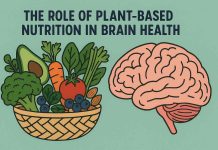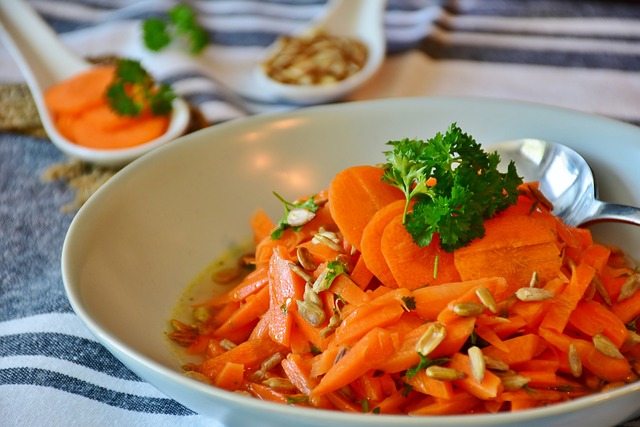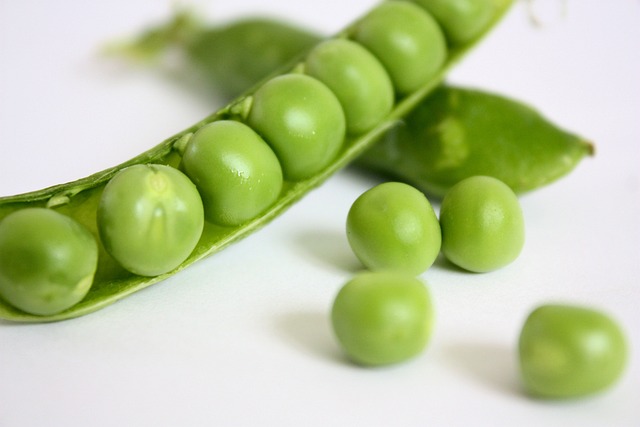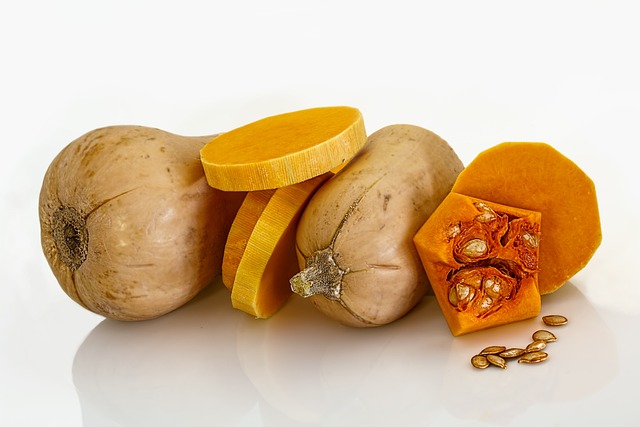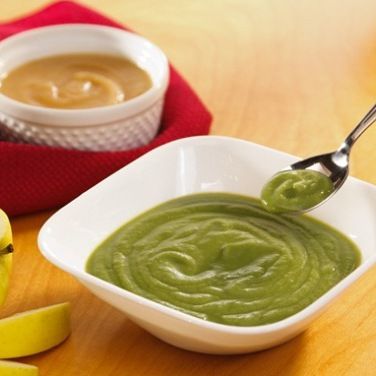Are you a new parent looking for the perfect foods to introduce to your baby who hasn’t yet developed teeth? You’ve come to the right place! In this guide, we’ll explore the world of soft foods for babies with no teeth. As a parent myself, I understand the importance of providing your child with the best possible nutrition from the very beginning.
The Importance of Soft Foods
When it comes to transitioning your baby to solid foods, starting with soft options is crucial. These foods are not only gentle on your baby’s gums but also ensure they get the essential nutrients they need to grow and develop.
When to Begin
Typically, you can start introducing soft foods to your baby around the age of six months. However, it’s important to consult with your pediatrician to determine the right time for your child.
Safety First
Before we dive into the soft food options, ensure that you follow safety guidelines. Always supervise your baby during meals, cut food into small, manageable pieces, and avoid foods that pose a choking hazard. It’s also a good idea to educate yourself on store-bought baby food, as there have been many reports of lead, cadmium, arsenic, and mercury in baby food. You should research brands thoroughly if you’re intending on using this alternative to make sure it’s safe.
Top Soft Foods for Baby with No Teeth
Now, let’s explore some of the best soft foods for your little one:
1. Mashed Avocado
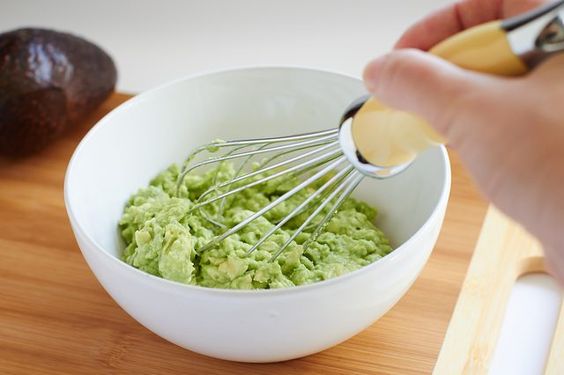
Avocado is a nutritious and creamy option that’s easy for your baby to swallow. Rich in healthy fats, it’s an excellent choice for brain development.
2. Bananas
Bananas are naturally soft and packed with vitamins and minerals. They are a great source of potassium and are easily digestible.
3. Sweet Potatoes
Sweet potatoes can be steamed and mashed, making them an ideal first food for your baby. They are loaded with vitamin A, which is essential for your baby’s vision and immune system.
4. Oatmeal

Oatmeal is a fantastic source of fiber, offering a smooth texture that’s perfect for a toothless baby. It’s also a source of iron and energy.
5. Cooked Carrots
Steamed or boiled carrots can be mashed to a baby-friendly consistency. They are high in vitamin C and beta-carotene.
6. Peas
Mashed peas provide a dose of protein and iron, aiding in your baby’s growth and development.
7. Yogurt
Yogurt is rich in probiotics and calcium. Opt for plain, full-fat yogurt without added sugars.
8. Applesauce
Applesauce is a tasty option that’s gentle on your baby’s stomach. It’s a good source of vitamin C.
9. Butternut Squash
Butternut squash can be steamed and mashed to a smooth consistency. It’s rich in vitamins and minerals.
10. Rice Cereal
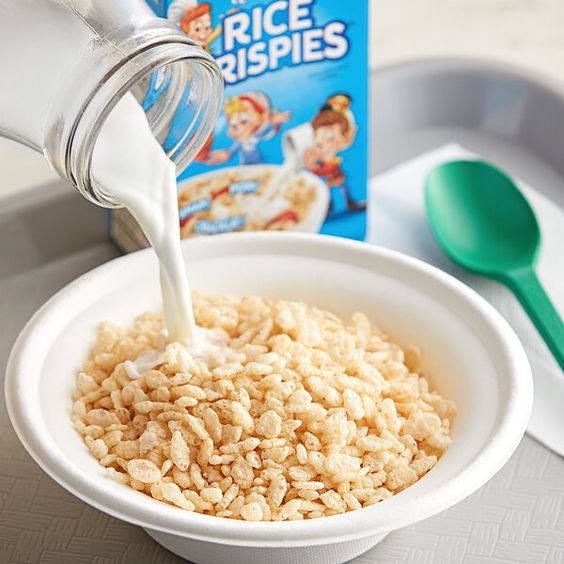
Rice cereal is a popular first food for babies. It’s fortified with iron and can be mixed with breast milk or formula.
11. Pears
Mashed pears are delicious and provide a variety of vitamins and dietary fiber.
12. Pureed Spinach
Spinach is an excellent source of iron and calcium, promoting healthy bones and blood development.
Soft Foods for Baby with No Teeth: Tips and Tricks
Feeding Techniques
When introducing soft foods, offer small spoonfuls and allow your baby to explore the texture. Don’t rush the process; it’s a learning experience for both of you.
Food Allergies
Keep an eye out for any allergic reactions. Start with single-ingredient foods and observe your baby for any adverse effects.
Gradual Introduction
Slowly incorporate new foods into your baby’s diet. This helps you identify any potential sensitivities or allergies.
Hydration
Remember to offer small sips of water between meals, especially if you’re introducing solid foods for the first time.
Conclusion
Introducing soft foods to your baby with no teeth is an exciting milestone. It’s a journey of exploration and learning for both you and your little one. By following the recommendations in this guide, you can ensure a smooth and safe transition to solid foods. Remember, every baby is unique, so pay attention to their cues and enjoy this special time together.
FAQs:
Q: What are the best soft foods for a six-month-old baby with no teeth?
A: Some excellent options include mashed avocado, bananas, sweet potatoes, and oatmeal.
Q: How do I know if my baby is ready for solid foods?
A: Look for signs like good head control, an interest in food, and the ability to sit with support.
Q: Can I prepare these soft foods at home?
A: Yes, many of these foods can be easily prepared at home. Just ensure they are cooked until soft and mashed to a suitable consistency.
Q: Are there any foods to avoid during this stage?
A: Avoid foods that are choking hazards, such as whole grapes, nuts, and popcorn. Also, steer clear of foods high in salt and sugar.
Q: What should I do if my baby shows signs of allergies?
A: If you suspect an allergy, stop feeding the new food immediately and consult your pediatrician.
Q: When can I start introducing textured foods to my baby?
A: As your baby grows and develops, you can gradually introduce foods with different textures. Consult your pediatrician for guidance.









